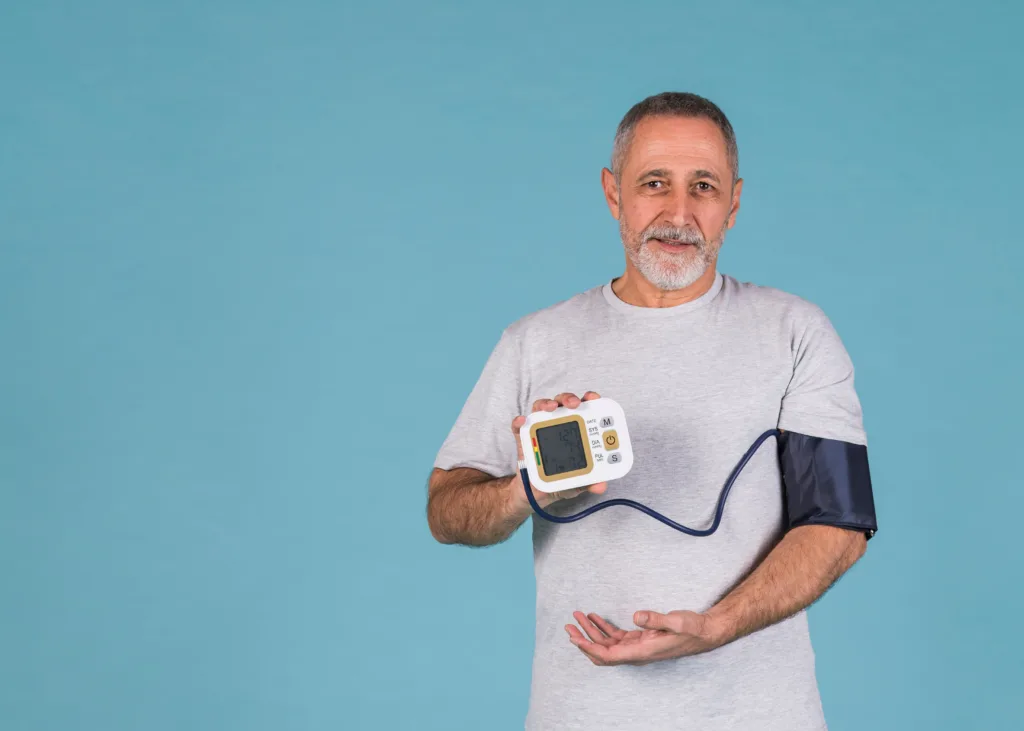March marks Nutrition Month, emphasizing the importance of nutrition in overall health. Since chronic conditions like diabetes, hypertension, and obesity require continuous management, maintaining a balanced diet is essential. However, many patients struggle with dietary adherence, which can lead to serious complications. Fortunately, remote care programs offer an innovative solution. By enabling healthcare providers to track patients’ vital signs and health metrics in real time, these programs allow for timely interventions. Moreover, they strengthen patient-provider connections, promoting continuous engagement and personalized support. Consequently, technology-driven care models are transforming the way chronic diseases are managed.
Remote Care Programs:
Monitoring Vital Signs
Remote care programs leverage cutting-edge technology to track key health indicators. For instance, Esvyda’s Remote Patient Monitoring (RPM) platform collects real-time data on blood pressure, glucose levels, and weight. Consequently, doctors can assess the effectiveness of dietary recommendations by analyzing changes in these metrics. According to the Journal of Medical Internet Research, RPM has helped lower HbA1c levels in type 2 diabetes patients. Additionally, a study published by the American Heart Association found that remote monitoring significantly improved hypertension management. As a result, healthcare providers can intervene before complications arise, ensuring better outcomes.

Impact on Hospitalizations and Healthcare Costs
Remote care programs significantly lower hospitalization rates and medical costs. The American Heart Association reports that RPM users with hypertension saw a significant drop in blood pressure. This decrease reduces cardiovascular risks and hospital visits. Patients with obesity also benefit from continuous monitoring, which helps them achieve sustainable weight loss. Early detection of weight fluctuations and metabolic changes allows interventions before complications arise. Timely actions prevent costly emergency room trips and improve quality of life. Investing in RPM helps healthcare organizations save money while maintaining high-quality care.
Preventive Health:
Nutrition as a Key Factor
“Proper nutrition plays a crucial role in preventing chronic diseases. A well-balanced diet reduces the risk of obesity, heart disease, and metabolic disorders.” The Centers for Disease Control and Prevention (CDC) reports that lifestyle changes lower diabetes risk by 58% in prediabetic individuals. Nutritional education and early interventions empower patients to adopt healthier habits. By incorporating remote monitoring, healthcare providers guide patients toward long-term wellness. Prevention reduces healthcare burdens, improving outcomes for both individuals and institutions.

Esvyda's RPM: Empowering Doctors and Patients
Esvyda’s RPM offers a complete solution for managing chronic diseases. The platform allows secure communication, remote monitoring, and personalized care plans. Patients engage in their health journey, fostering motivation. For healthcare executives, Esvyda improves patient outcomes and optimizes resource use. Implementing RPM reduces hospitalizations and healthcare costs. By using Esvyda, institutions enhance care delivery while increasing efficiency.
Conclusion: Embracing Remote Care for Better Health
During Nutrition Month, remote care programs prove essential in managing chronic diseases. Real-time monitoring and personalized care plans empower both patients and doctors. Esvyda’s RPM enhances engagement, improves outcomes, and reduces costs. Healthcare organizations should integrate remote care programs to meet evolving patient needs. Embracing innovation leads to better healthcare and improved lives.
Download this artice
Care with Remote Programs In March Nutrition Month
March marks Nutrition Month, emphasizing the importance of nutrition in overall health.
Since chronic conditions like diabetes, hypertension, and obesity require continuous management, maintaining a balanced diet is essential.


